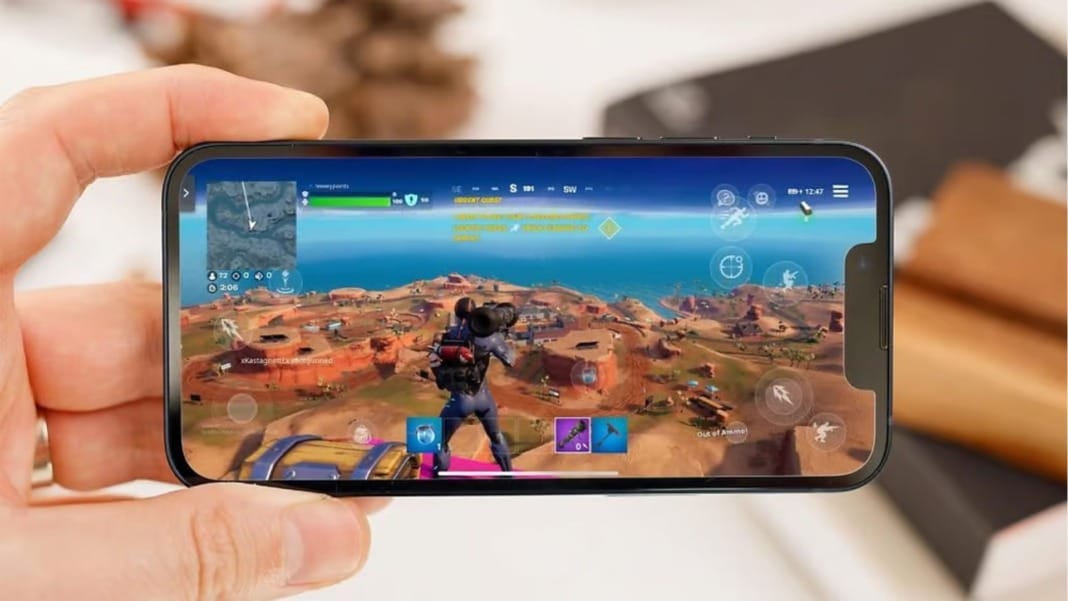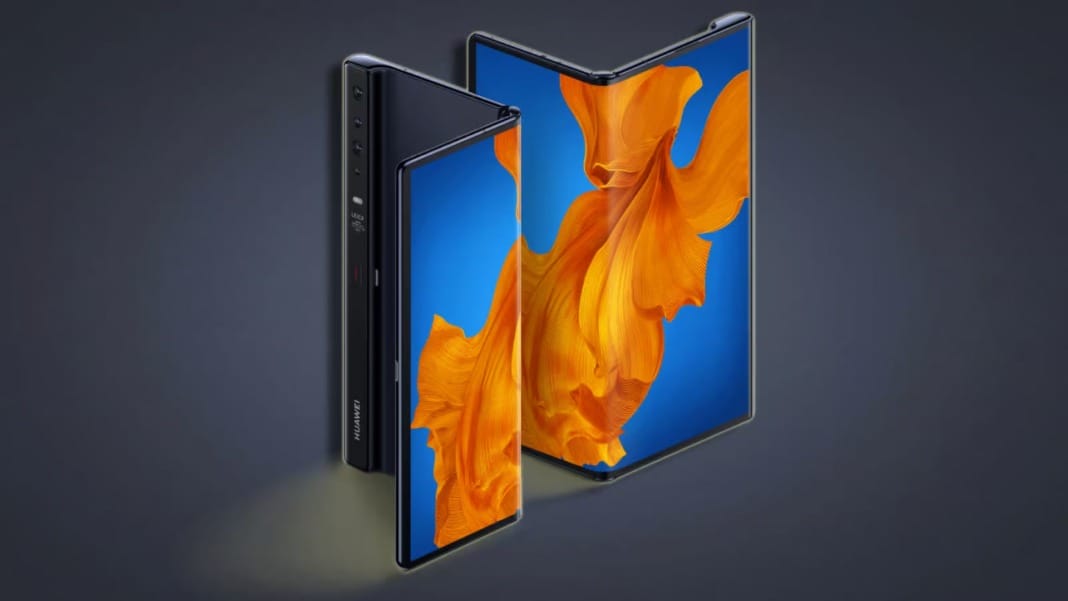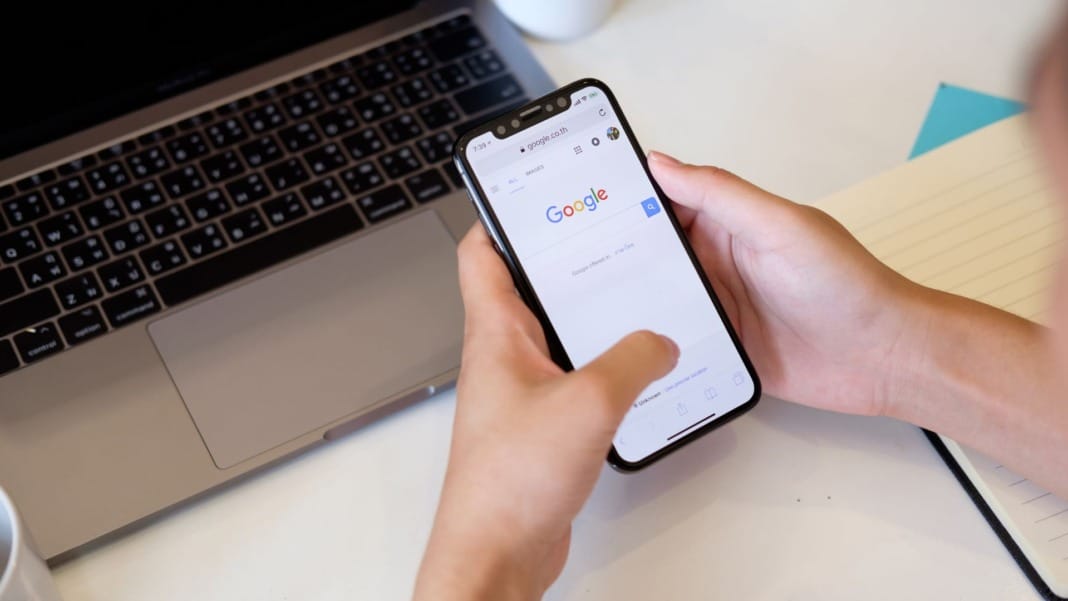For the first time since August 2020, Fortnite has returned to iOS, bringing back the excitement and engagement you remember — but much has changed in the intervening years.
After years of legal wrangling, rumours, and the Digital Markets Act (DMA) advent, Epic Games has finally reintroduced its flagship title to iOS and Android through the newly launched Epic Games Store. In addition, Fortnite is also available via the AltStore PAL third-party marketplace.
However, there are some limitations. While Android users worldwide can freely download the Epic Games Store, only iPhone users in the EU can do so, thanks to the DMA, which has loosened Apple’s once ironclad control over its ecosystem. The arrival of the Epic Games Store hints at the potential of these new regulations and could be a pivotal moment for third-party app stores on iOS.
A shift in the app store landscape
Four alternative app stores have emerged since the EU’s March compliance deadline, but none have made a significant impact. Setapp Mobile continues to expand its offerings but remains in closed beta; Mobivention caters primarily to B2B clients; Aptoide’s rollout has been limited, allowing only 500 additional users per day; and AltStore PAL has struggled to get apps officially recognised.
The launch of the Epic Games Store, however, might change everything. With a catalogue that includes global sensations like Fortnite, Fall Guys, and Rocket League, Epic Games may be the catalyst that drives widespread interest in alternative app stores.
How to install the Epic Games Store
Getting the Epic Games Store onto your iPhone in the EU is relatively straightforward, though it does involve several steps. New users might find the process overwhelming, but Epic provides clear and straightforward instructions to guide you. A minor hiccup is the FAQ’s mention that the store can be installed on phones running “iOS 17.4 or later,” when, in fact, you’ll need to update to 17.6.
Once installed, the store launches with Fortnite, Rocket League Sideswipe, and a mobile version of Fall Guys. Installing games is as easy as tapping “install,” and soon you’ll be back in the world of Fortnite. The gameplay on iOS is seamless, with no issues with responsiveness, network connectivity, or graphics. The experience is top-notch, and you’ll wonder why it took so long to be able to play Fortnite this way again.
The installation process on Android is similar, though it requires fewer steps. After about eight screen interactions, you’re ready to dive into the action. Playing Fortnite on Android is equally smooth, though the experience may vary depending on your device’s hardware. The gameplay remains consistently engaging, whether on an older Google Pixel 5 or a more powerful iPhone Pro Max 13.
While the Epic Games Store is currently the most polished option, you can access these games through AltStore PAL. However, installing AltStore PAL on iOS is a bit more complicated, involving the addition of “sources”—URLs containing JSON files that house app metadata. It sounds tricky, but it’s as simple as adding a link and selecting apps from a list. For Epic Games titles, it’s even easier since they’re included in AltStore PAL’s recommended sources.
Once you’ve added Epic Games as a source, downloading and installing games is straightforward. While AltStore PAL gets the job done, the Epic Games Store offers a more refined experience, complete with upcoming features like Parental Controls, which allow parents to restrict access to age-inappropriate content and limit spending.
A potential turning point
Epic Games supports alternative app stores in a way that could benefit everyone — including themselves — as long as they can convince users to explore beyond the traditional confines of Big Tech ecosystems.
Recently, Epic provided AltStore PAL with a “MegaGrant,” making it accessible to use and increasing its chances of gaining mainstream acceptance. Since AltStore PAL doesn’t host apps, it doesn’t take a cut of sales, allowing Epic to distribute its games without losing revenue to a third party. This move could be a strategic PR effort, as Epic seeks to curry favour with EU, UK, and US regulators investigating antitrust complaints against Apple and Google.
No matter the motivations, the market has long needed a major player to draw in a broad audience. With its powerhouse portfolio, Epic Games might be the one to do it. Should these third-party app stores attract a significant user base, other developers could join, especially those who prefer to pay Epic’s 12 per cent commission instead of Apple’s 30 per cent.
However, Apple isn’t taking this threat lightly. Last week, the company introduced new rules to take a share of off-platform sales, making third-party app stores less appealing to developers. Convincing users to adopt these stores will also be challenging, given the numerous warnings Apple displays during installation.
Apple’s dominance in the app store market is at stake, and with an estimated US$70 billion in annual revenue from the App Store, the company will fight fiercely to maintain its position.
Epic Games has set the stage for a shift in the iOS marketplace. It’s waiting to see if it can truly challenge Apple’s supremacy.





